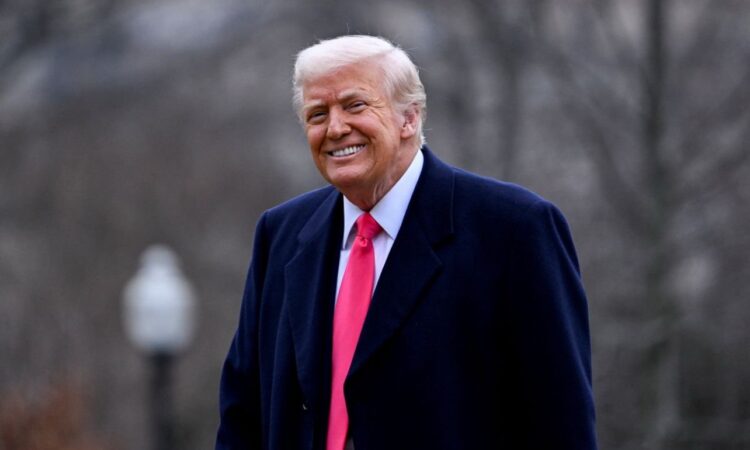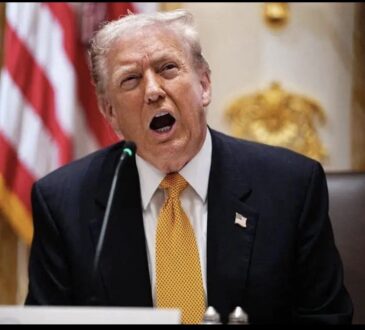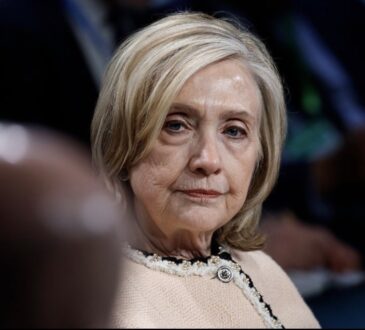
John Roberts is undeniably a smart and capable man. He has a deep understanding of the law, a sharp legal mind, and the skills that many would expect from someone leading the highest court in the country. But despite all of that, his legacy may not be one of greatness. Instead, he will likely be remembered as someone who, through a series of powerful decisions, helped weaken the very foundation of American democracy.
This isn’t something that can be said lightly. It’s not about disagreeing with a few rulings or not liking his legal style. It’s about the cumulative damage his leadership has done to the principles that allow a democracy to function: free and fair elections, accountability for those in power, equal access to the political process, and the idea that no one—no matter how powerful—is above the law.
Over the years, Roberts has been the author of several major Supreme Court opinions that have slowly dismantled or deeply damaged key democratic protections. These weren’t minor or technical rulings. They struck at the heart of what it means to live in a democratic society where power is supposed to come from the people and be exercised with transparency, fairness, and integrity.
One of the most damaging examples was his opinion in the Shelby County v. Holder case in 2013. The Voting Rights Act of 1965 had been one of the most important laws ever passed to protect the rights of Black Americans and other minorities to vote. It required certain states and jurisdictions, especially those with a history of racial discrimination, to get federal approval before making any changes to their voting laws. That system worked for decades to prevent unfair voting restrictions. But Roberts and the conservative majority struck down a key part of the law. The moment that happened, states immediately began passing new laws that made it harder for people—especially minorities, the elderly, and the poor—to vote. This decision didn’t just change legal language. It changed people’s lives. It made it more difficult for countless citizens to have their voices heard in elections.
Then came the McCutcheon v. FEC decision in 2014. Before that, there had been a reasonable limit on how much money one person could contribute to all federal candidates in a single election cycle. That limit existed for a reason: to reduce corruption and make sure that the ultra-wealthy didn’t drown out everyone else’s voice. But Roberts wrote the opinion that threw out that limit, arguing that it violated free speech. In practice, this ruling gave even more power to billionaires and special interest groups. It allowed them to spend vast sums of money to shape the outcomes of elections and gain political influence in ways that ordinary people simply cannot. This shift turned American politics into more of a pay-to-play system, where the loudest voice often belongs to whoever writes the biggest check.
Another major decision was Rucho v. Common Cause in 2019. This was about gerrymandering—the practice of drawing voting district maps to favor one political party over another. Extreme gerrymandering has become one of the biggest threats to fair elections. It lets politicians choose their voters instead of voters choosing their representatives. The result is deeply distorted elections where one party can keep control even when they don’t have majority support. In this case, Roberts wrote that the courts had no role in deciding whether these maps were too unfair or undemocratic. He essentially said that this kind of rigging was a “political” problem, not a legal one. That ruling gave state legislatures a green light to draw outrageously unfair maps with no fear of judicial oversight.
In 2016, Roberts wrote the opinion in McDonnell v. United States, a case involving a former Virginia governor who had taken large gifts and loans from a wealthy businessman while helping that businessman gain access to state officials. The case seemed like a clear example of public corruption. But Roberts led the Court in throwing out the governor’s conviction by narrowing the legal definition of what counts as an “official act” under federal bribery laws. According to the Court, what the governor did didn’t qualify. The decision created a dangerous loophole. It became much harder to prosecute public officials for trading favors for money or gifts. In other words, the Court made it easier for politicians to sell access and influence without legal consequences.
And then came one of the most far-reaching and dangerous decisions of all: Trump v. United States in 2024. In this case, Roberts wrote the majority opinion that gave former President Donald Trump broad immunity from criminal prosecution for actions taken while in office. This went directly against one of the most fundamental ideas in American law—that nobody, not even the president, is above the law. By shielding Trump from accountability, the Court effectively handed future presidents a license to abuse their power without fear of consequences. Roberts’s ruling gave Trump personal control over key institutions like the Justice Department and the FBI, further concentrating power in his hands. The ruling emboldened Trump to make sweeping, authoritarian claims, like saying he had the right to do “anything I want” as president. That kind of unchecked power is the very thing the Founding Fathers warned against. It’s the opposite of democracy.
Taken together, these decisions paint a clear picture. One by one, Roberts has helped dismantle the legal structures that protect fair elections, prevent corruption, and hold leaders accountable. Under his leadership, the Court has shifted dramatically in favor of the powerful, the wealthy, and the politically connected—often at the expense of everyday people and the principles of equal justice and democratic participation.
It’s not that Roberts set out to destroy democracy. But the result of his decisions, whether intended or not, has been to weaken it. And in the long view of history, the consequences of those choices will likely overshadow his intelligence, legal skill, and reputation as a cautious and thoughtful jurist. For all his brilliance, John Roberts may ultimately be remembered as the chief justice who did the most to tear down the guardrails of American democracy when the country needed them most.




